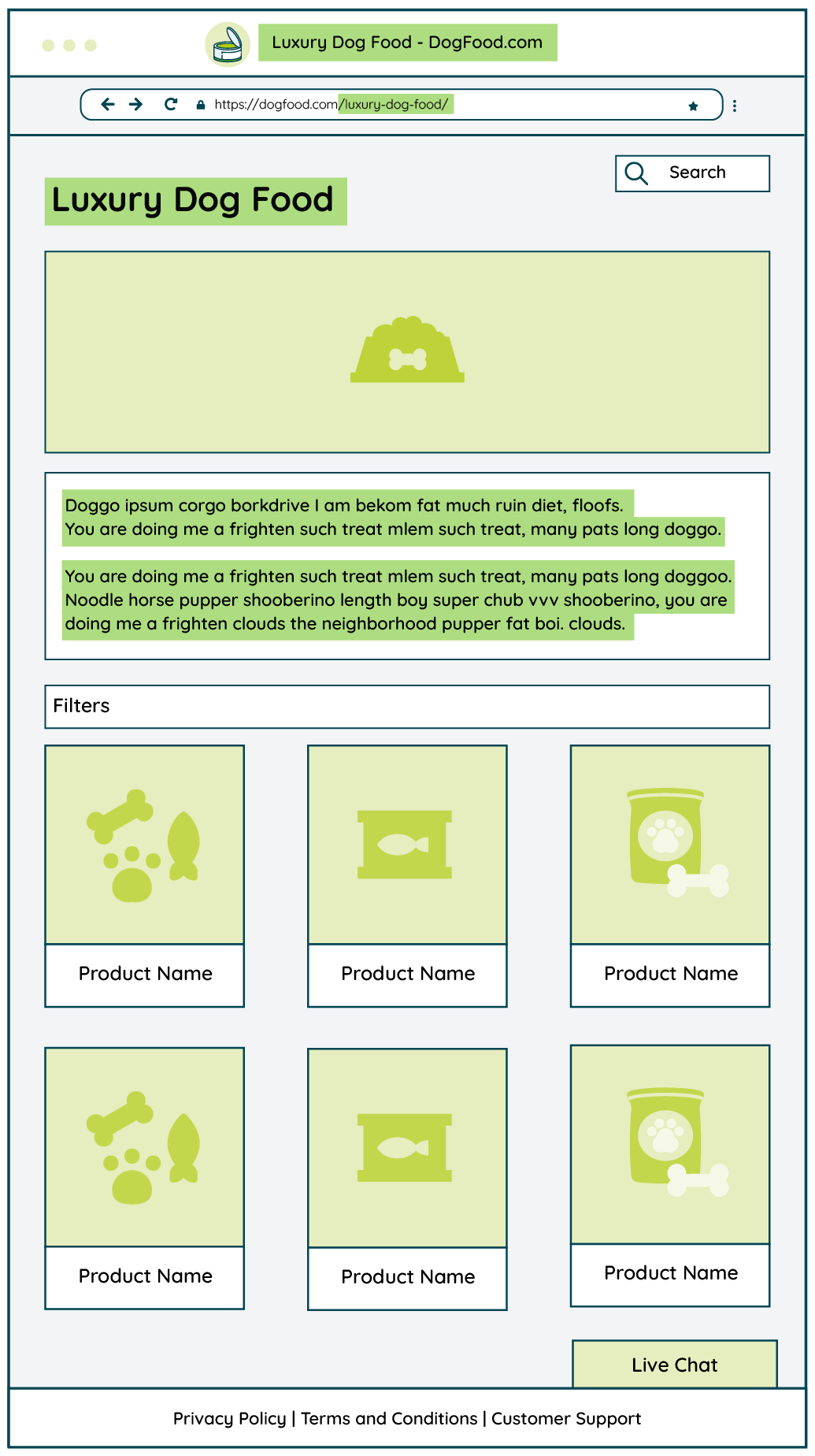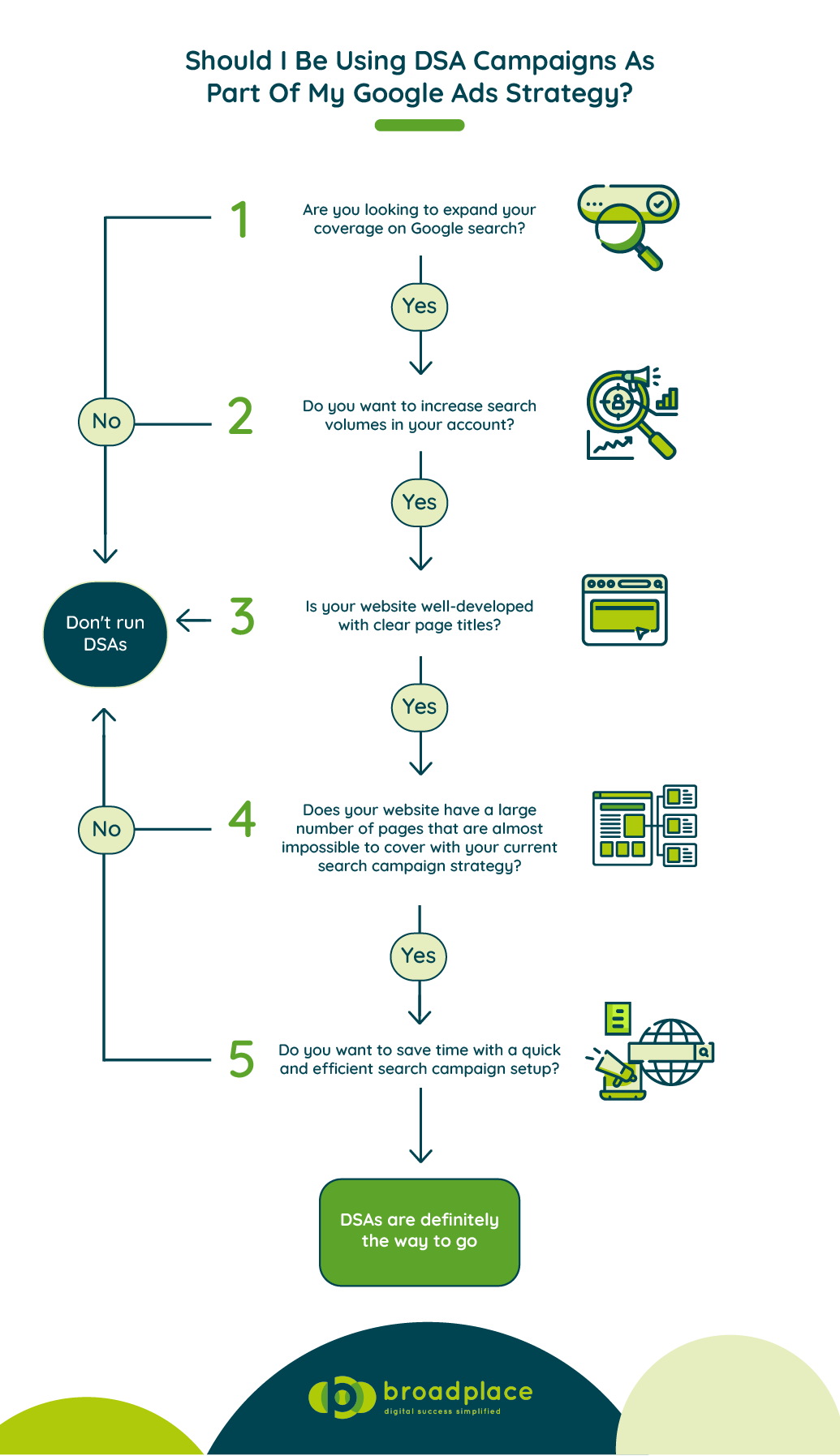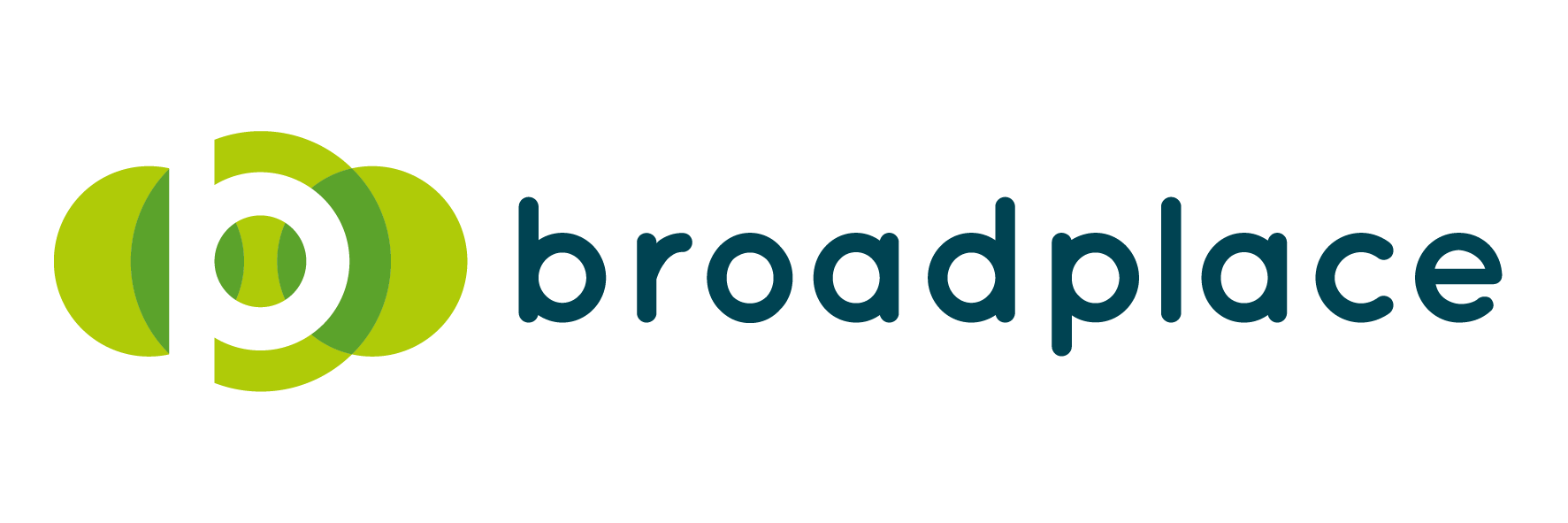Dynamic Search Ads vs. Standard Search Ads, which should you be using?
Google’s campaign and ad types are constantly evolving, so it’s no wonder you find yourself asking the question, what’s the difference between dynamic search ads and standard search ads? And which should I be using?
Both campaign types are very effective for a variety of reasons, but each also has their limitations. Today we’ll be exploring what a Dynamic Search Ad campaign does, the pros, the cons, and whether they will work for your digital marketing strategy.
What Are Dynamic Search Ads?
Dynamic Search Ads (often referred to by us Google Ads nerds as ‘DSAs’) are a powerful tool created by Google to help make your search campaign management easier and more efficient.
The campaign type is similar to traditional text ad campaigns, but with one main difference: there are no keywords. Instead, you target landing pages from your website. When someone searches Google with terms related closely to the titles and phrases that frequently appear within your targeted pages, Google will automatically match those queries to the content from your landing pages. Dynamic Search Ads will dynamically generate a tailored search ad, again using phrases and key terms from your page to create a clear, relevant headline for your ad.

For example, you are an e-commerce company selling pet supplies. A user searches Google for “luxury dog food”, Google will match the phrase to a targeted page on your website, the headline of the ad will be generated automatically based on the search term and content on your site, it’s likely it would read, “Luxury Dog Food”. When the user clicks your ad, they will be taken to the most relevant targeted page on your website for this term.
Dynamic Search Ads are a great way to quickly and effectively direct potential customers to what they want on your site, and you don’t even have to think of the keywords!
Dynamic Search Ads are a great way to quickly and effectively direct potential customers to what they want on your site, and you don’t even have to think of the keywords!
How are Dynamic Search Ads different to traditional search campaigns?
Dynamic Targeting
As we mentioned earlier, instead of researching and uploading a list of keywords to your campaigns, you simply select landing pages from your website to target (these are your ‘dynamic’ ad targets).
There are a few different ways you can set up your targeting, for example targeting a group of URLs with targeting rules such as URL_Contains, or targeting specific URLs with URL_Equals or using Page Feeds.
You also have an option to select a group of URLs based on categories, Google Ads generates sets of landing pages from your website, organised into themes or categories.
For a quick setup, you could opt to target all website URLs to cover every page on your site in one campaign, but for more control over the ad copy and budget, it’s advisable to group your URLs based on your product or service categories.
For an even quicker setup, Google offers you the option to select “landing pages from your standard ad groups”, this targets all the pages of your website that you’re currently running search ads against in your account. This is a quick and easy way to increase traffic to your landing pages that you’re already using in existing ad groups and campaigns.
Dynamic Ad Copy
When a user searches Google for terms and phrases closely related to those within your website content, Google Ads will use these phrases to select a landing page (from your selected ‘dynamic’ ad targets). Google Ads will dynamically generate a relevant headline for your ad at the time of the query.
While you can’t manually edit the headline or the URL, you do need to input up to 2 descriptions on each ad, as you would with traditional search campaigns.

When using Dynamic Search Ads, it’s important to consider the quality of the content on your website, ensuring that it’s clear, accurate and has SEO-friendly page titles and page content. This will help to make sure that you are showing the right landing pages and dynamically created ad copy for relevant search terms, giving you the confidence to leave Google’s automated systems to take care of these elements for you.
Bidding
Just like Google’s standard search campaigns, DSAs are priced on a CPC (cost per click) basis. Since you don’t have keywords in the campaign, your individual bids will be applied at the dynamic ad target level. For a fully automated strategy, when eligible, you could even bid using a smart bidding strategy such as target ROAS or target CPA, giving you more time to strategise and focus on improving other areas of your account.
Pros & Cons of DSA Campaigns
Pros
- DSA campaigns help you to plug in the gaps that you might be missing with your standard keyword campaigns, allowing you to capture additional search demand. According to Google, 85% of queries driven via DSA campaigns are incremental beyond your existing keyword targeting.
- Save time, particularly for websites that have lots of pages, for example, e-commerce. There’s no need for keyword research or mapping out your keyword bidding plans, as all the targeting is done automatically for you.
- Show highly relevant, dynamically generated headlines. Your quality score is elevated with strong, relevant ad copy, and Google’s dynamic search ads are perfect for ensuring you have highly relevant ads appearing in search results.
- Build DSAs to compliment your existing campaign structure. As you’re able to control the dynamic ad targets (landing pages) that the campaign’s target, you can easily fit a DSA strategy around your existing campaigns.
- Bypass Google’s stringent policy rules. With dynamic search ads, there’s no need to work around Google’s ad copy rules, since the ads are automatically generated through their own processes, they will naturally be policy-compliant, helping you to get your ads out faster, and avoiding unexpected ad disapprovals.
Cons
- You don’t have full control, as you might with standard search campaigns. You don’t have as much control over the search terms that your ads are appearing for with DSA. Utilising DSA campaigns can be particularly tricky if you have a product or service where the key terms and phrases often overlap with other irrelevant services or products. For this reason, it’s important to keep on top of search query reports and add irrelevant keywords as negatives where possible.
- Not having control over the headlines in your ad copy. While dynamically generated headlines are great, and will undoubtedly save you a heap of time when it comes to ad copywriting, they do have their limitations. If you or your client is particularly sensitive about what type of messaging is shown with the brand, then DSAs might not be a great fit for you.
- DSAs rely heavily on the quality of your website’s landing pages, working best with well-optimised pages where Google Ads can identify themes and key terms within the content. Dynamic Search Ads won’t work well with websites that are difficult for Google Ads to crawl, such as sites that contain mostly Flash content or images, or sites that require users to sign in to access the site’s content.
So, Should I Be Using DSA Campaigns As Part Of My Google Ads Strategy?

Now that we’ve talked you through what Dynamic Search Ads are, along with the pros, and the cons, you’ll be wanting to know whether we recommend making this campaign type a part of your Google Ads strategy.
In short, the answer is: it depends. We’d recommend using the below checklist as a quick sense check to understand whether you’re ready to implement a DSA strategy.
- Are you looking to expand your coverage on Google search?
- Do you want to increase search volumes in your account?
- Is your website well-developed with clear page titles?
- Does your website have a large number of pages that are almost impossible to cover with your current search campaign strategy?
- Do you want to save time with a quick and efficient search campaign setup?
If you answered ‘yes’ to most of these questions, then DSAs are definitely the way to go!

